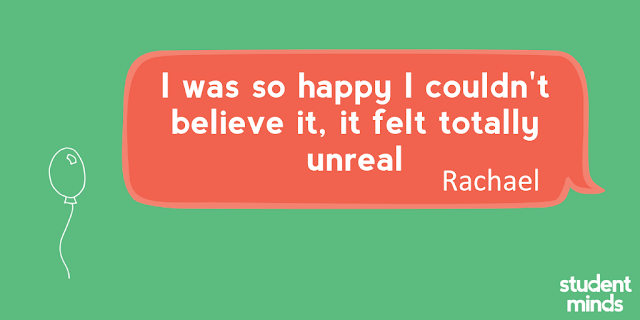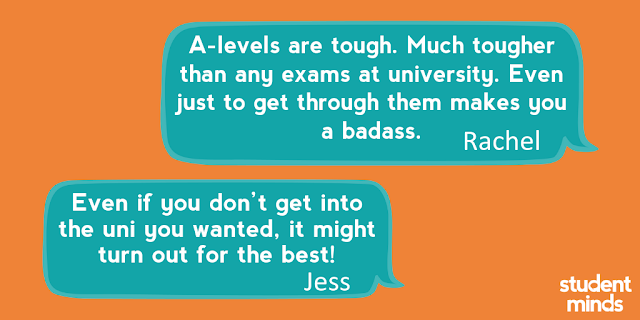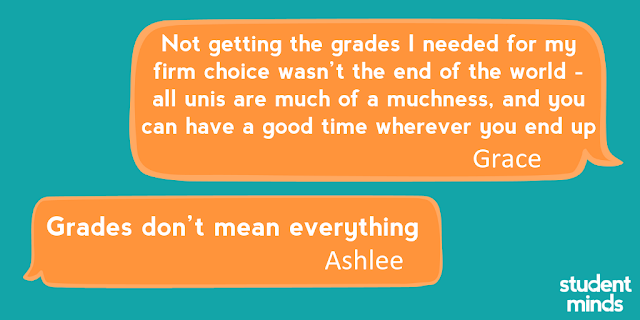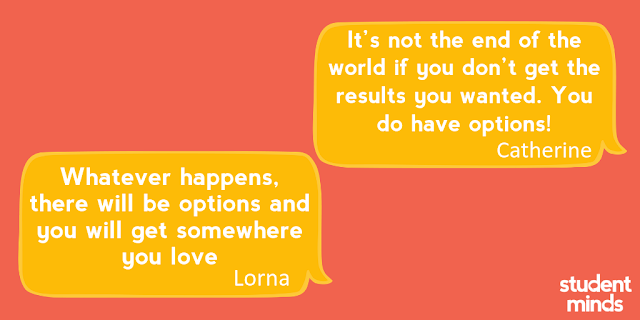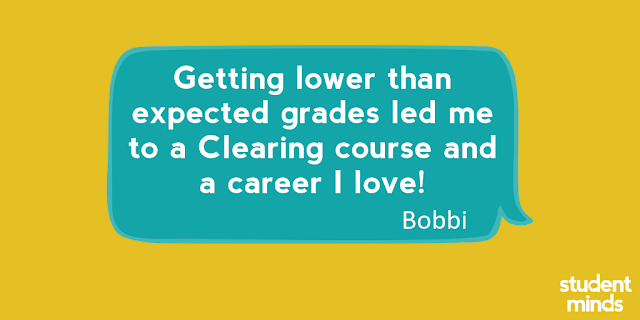Annie shares her experiences of dealing with loneliness and making friends during her fresher year.
- Annie Bocock
Like every student who’s ever lived and made the challenging transition to university, I worried about making friends but I shrugged it off as I was sure having to live with other students would guarantee friendships, not to mention the people I’d get close to on my course and within societies! Right?
As you can probably tell by the title, this wasn’t the case for me. For about two whole terms, I did not feel like I had a proper friend.
As you can probably tell by the title, this wasn’t the case for me. For about two whole terms, I did not feel like I had a proper friend.
I am kind of a social person. While I’ve been able to build strong friendships throughout my life and I feel comfortable within those, making new friends hasn’t always been easy. Even pre-university I’d find myself in new environments where I was seldom speaking to others. Therefore, it didn’t come as a surprise when in Freshers’ I felt anxious and did not really speak to anyone. However, this time, it was more difficult: my levels of anxiety were sky-high, and as a result, my self-confidence plummeted. I didn’t feel like myself.
I think many people tend to underestimate the detrimental effects of long-term loneliness on their mental health and wellbeing. Seeing everyone in groups sitting in the sunshine or hearing students run to the bus stop to enjoy their night out while I was always alone created a sense of isolation and exclusion, which soon led to my depression. Hence more side effects of lack of support followed: feeling too lethargic to complete work, avoiding cooking in the kitchen due to my anxiety, suffering from the financial pressures of buying poor quality food and even feeling extremely anxious around my friends from home. Such hopelessness overwhelmed me, and as a result, I almost dropped out last summer.
Luckily, things got better.
I greatly believe the reason for this is the miracle which are student activities (and the student union which host them). We’re talking societies, RAG, volunteering, college committees, etc. While they didn’t allow me to make super close friends immediately, I was able to gradually connect with others, and that built confidence, confidence that I had before university. For the first time since I joined university, I felt that I had the skills and emotional security to build relationships with people who were magically starting to find themselves in my life naturally.
I greatly believe the reason for this is the miracle which are student activities (and the student union which host them). We’re talking societies, RAG, volunteering, college committees, etc. While they didn’t allow me to make super close friends immediately, I was able to gradually connect with others, and that built confidence, confidence that I had before university. For the first time since I joined university, I felt that I had the skills and emotional security to build relationships with people who were magically starting to find themselves in my life naturally.
While things have still been hard throughout the past year or so, I have had more people to talk to about the difficulties I’ve been going through. I’m really grateful to my friends, family, university staff and now my boyfriend for supporting me through my ongoing mental health problems over the year.
If you’re reading this and are in the same position I was, or you’re worried that when you get to university you may be, I hope my following tips could be of help.
- Firstly, try to get involved with student activities if you are able to. It can take a few tries within a few different groups but eventually you’ll find somewhere you are comfortable!
- Until then, utilise your university’s support networks as much as possible. Although they may not always be the most helpful for you, they’ve had to help plenty of students through a variety of different issues and they will find you the support you need.
- Lastly, if you’re struggling with your work as a result of whatever is going on, consider talking to your department about what they could do for you. Whether it’s a leave of absence for you to get the support you need or any other adjustments, they can and will help you.
Hi! I’m Annie Bocock and I’m a mathematics student at the University of York. As a Press Ambassador for Student Minds, I enjoy writing and speaking about my own experiences of mental health and the general complexities of mental health. It’s so rewarding seeing how others can gain something from my experiences.
You can find more tips and resources to help with the transition (back) to university here. If you are looking for mental health support for yourself, a friend or a loved one, you can also find more information and resources here.
Find out more about navigating friendships at university in Student Minds Transitions guide.
Find out more about navigating friendships at university in Student Minds Transitions guide.





